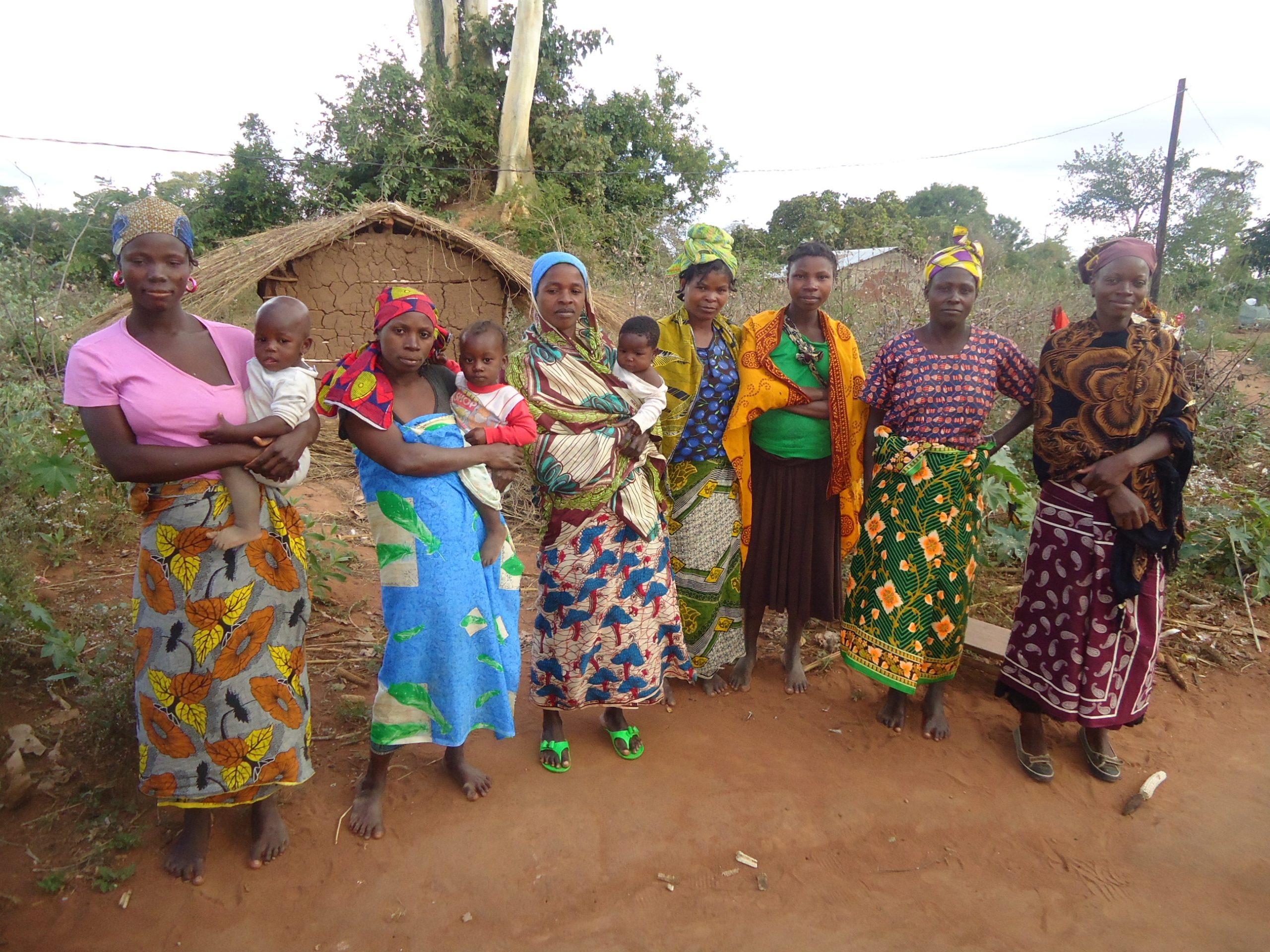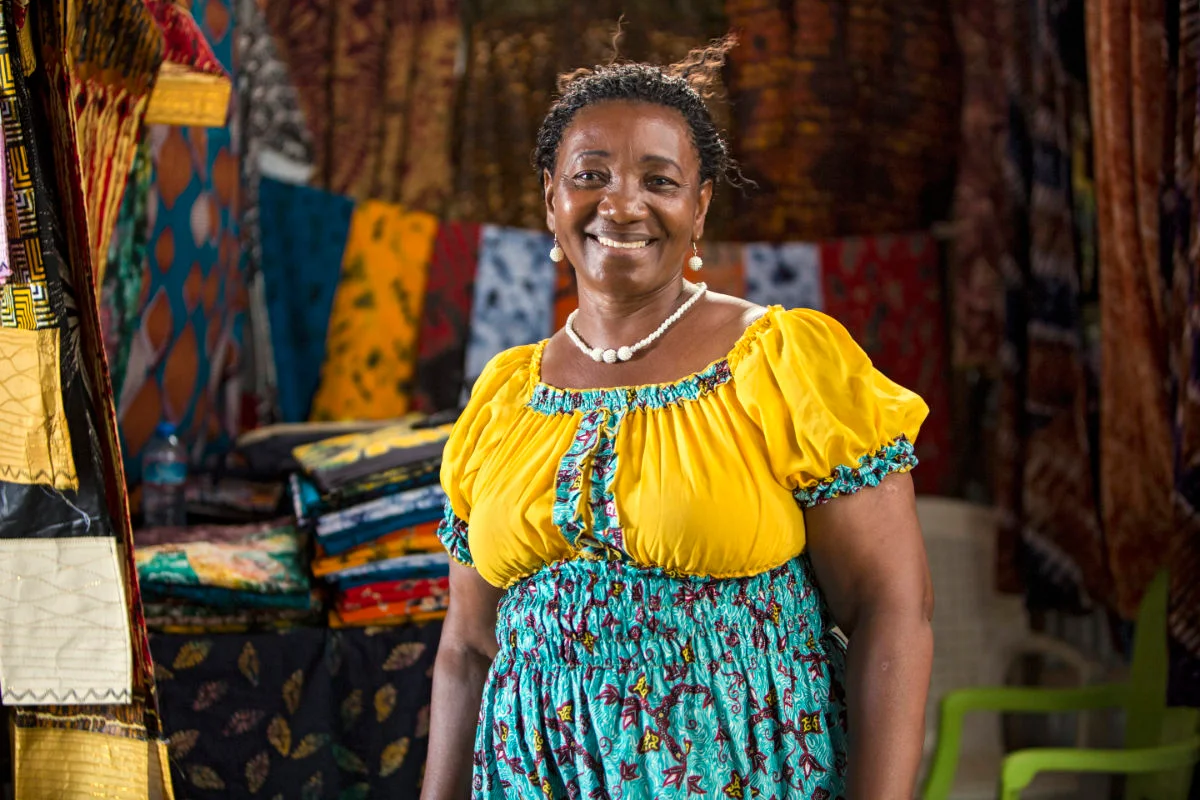
Reproductive health is an essential aspect of overall well-being, yet it remains a taboo subject in many communities worldwide. For young women, this silence can have devastating consequences, leading to limited knowledge, unplanned pregnancies, and exposure to preventable diseases. Tackling these challenges requires open dialogue and comprehensive reproductive health education. This blog explores why such education is critical for empowering young women and fostering healthier communities.
Understanding Reproductive Health Education
Reproductive health education encompasses a wide range of topics, including puberty, menstruation, contraception, sexually transmitted infections (STIs), and safe sexual practices. It aims to equip individuals with the knowledge and skills needed to make informed decisions about their reproductive and sexual health. Beyond the biological aspects, it also addresses emotional and social dimensions, such as relationships, consent, and gender equality.
The Challenges of Taboos and Stigma
In many societies, discussing reproductive health is shrouded in cultural and religious taboos. This stigma discourages young women from seeking information or assistance, leaving them vulnerable to misinformation and exploitation. Common barriers include:
- Cultural Norms: Traditional beliefs often dictate silence on topics related to sexuality and reproduction.
- Lack of Resources: Inadequate access to educational materials and healthcare services further compounds the issue.
- Fear of Judgment: Young women often fear being judged or ostracized if they express curiosity or seek help.
Breaking these barriers requires a shift in societal attitudes and the implementation of inclusive education policies.
Why Reproductive Health Education Matters
1. Promoting Informed Decision-Making
Education empowers young women to understand their bodies and make choices that align with their goals and values. This includes:
- Preventing unplanned pregnancies through knowledge of contraceptive methods.
- Recognizing symptoms of reproductive health issues and seeking timely care.
2. Reducing Health Risks
Comprehensive education helps prevent the spread of STIs and reduces maternal mortality by encouraging safe practices and access to prenatal care.
3. Advancing Gender Equality
By addressing topics like consent and gender roles, reproductive health education fosters an environment where young women can assert their rights and challenge societal norms.
4. Enhancing Economic Opportunities
Educated young women are more likely to complete their education and pursue careers, contributing to economic growth and breaking the cycle of poverty.
Strategies for Effective Reproductive Health Education
- Community Engagement Involving parents, religious leaders, and other community influencers can help normalize discussions around reproductive health.
- School-Based Programs Integrating age-appropriate reproductive health topics into school curricula ensures that young women receive accurate information in a safe environment.
- Accessible Healthcare Services Providing affordable and confidential healthcare services encourages young women to seek guidance without fear of stigma.
- Use of Technology Digital platforms and social media can play a significant role in disseminating information, reaching young women who may lack access to traditional resources.
Success Stories: Breaking the Silence
Across the globe, initiatives are proving that change is possible:
- In Kenya, community-based programs have successfully reduced teenage pregnancy rates by combining education with mentorship.
- In India, mobile apps provide young women with confidential access to reproductive health information.
- In Cameroon, organizations like FHED are leading the way by conducting workshops and campaigns to educate young women about their health rights.
Breaking taboos around reproductive health education is not just a matter of personal empowerment; it is a societal imperative. By equipping young women with the knowledge and tools they need, we can foster healthier communities, reduce inequalities, and pave the way for a brighter future. Let’s continue to champion open dialogue and comprehensive education, ensuring that no young woman is left in the dark about her health and well-being.
Join FHED in promoting reproductive health education for young women. Together, we can create a world where knowledge replaces stigma and empowerment leads to lasting change. Learn more about our initiatives and how you can support our mission!


